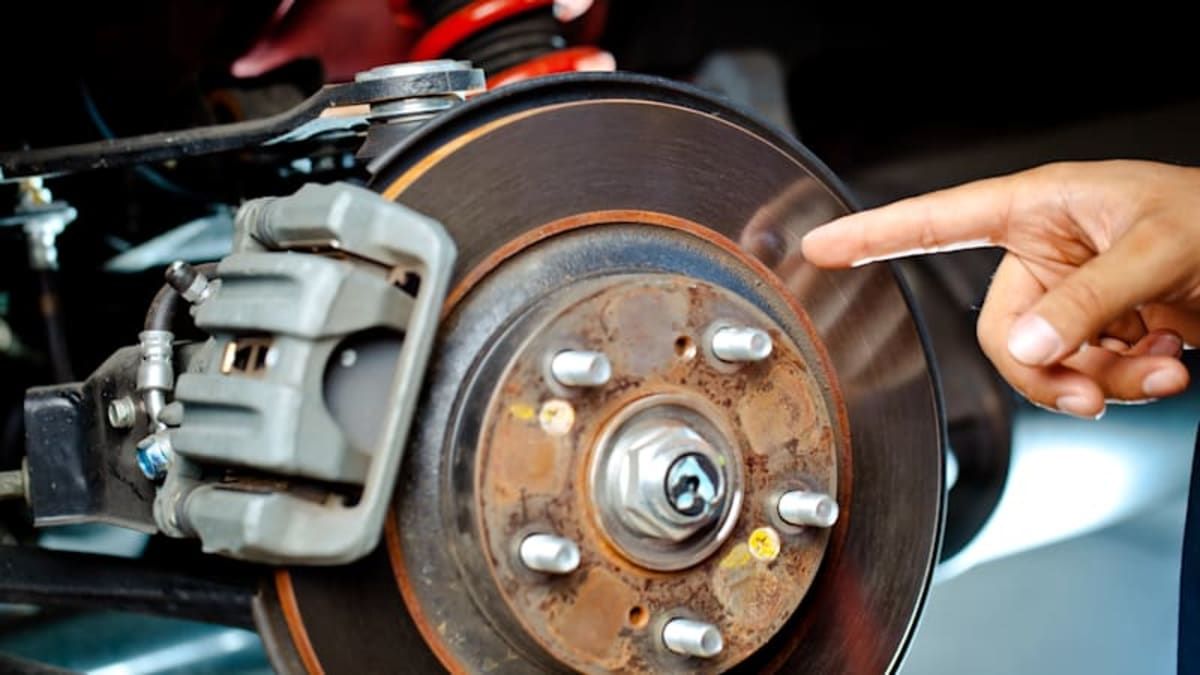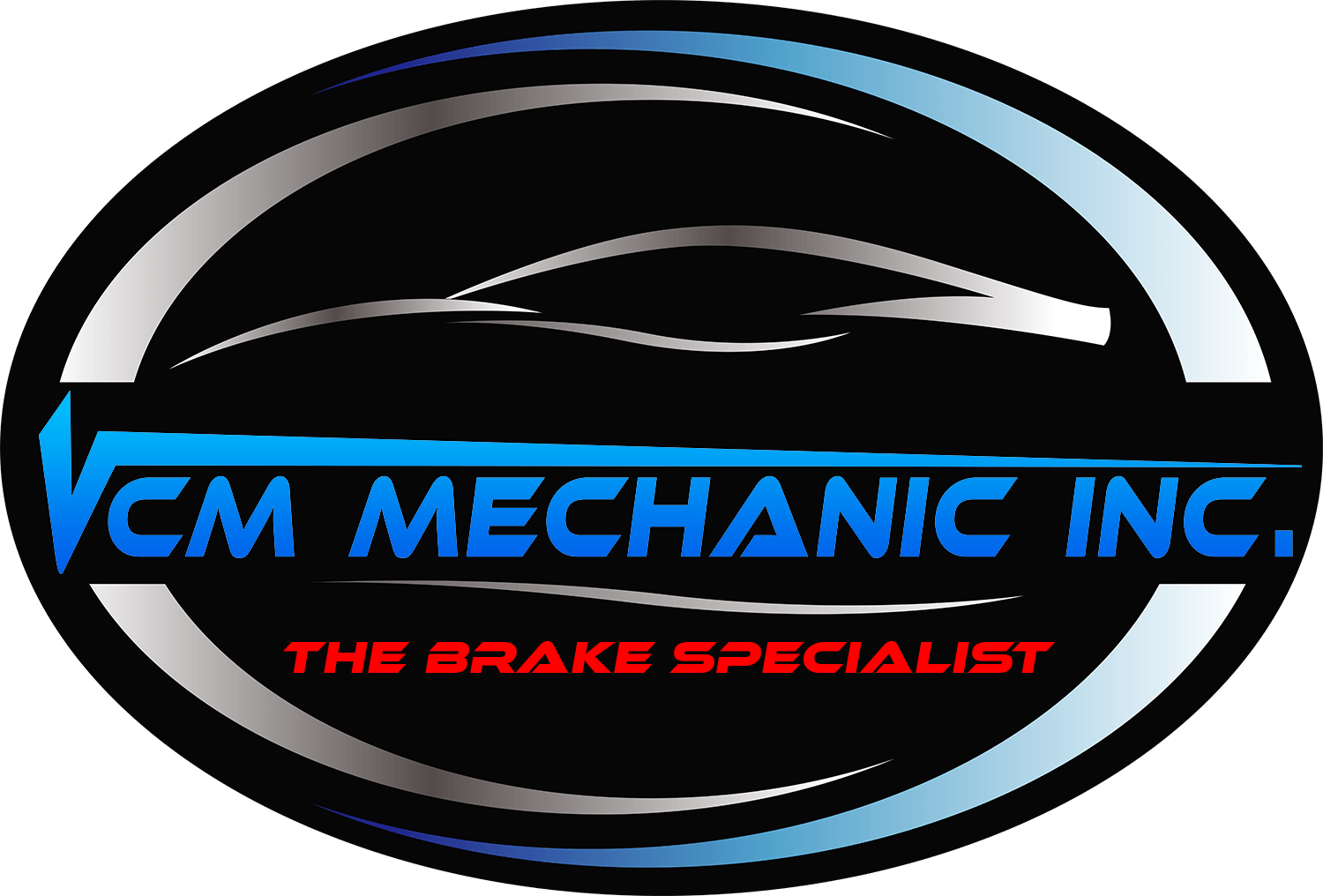How to stop brakes from squeaking

How to stop brakes from squeaking.
Common methods to quiet noisy brakes.
Having brakes that function properly means your vehicle will be able to stop safely and confidently. However, nobody wants to hear the annoying squeaking noise announcing each time you’ve come to a stop. In many instances, squeaky brakes are the result of metal-on-metal contact. If your brakes are guilty of making noise every time you press down on the pedal, here are some common methods to keep them quiet.
Popular Methods to Stop Squeaky Brakes
Method 1:
Apply Grease to the Brake Pads If your brakes are new and still squeaking, the fix may be as simple as greasing the contact points. This requires removing the brake pads from the calipers (see How to Change Your Brake Pads and Rotors), then applying brake grease to all the contact points. These locations include the backside of the brake pad and any contact points on the caliper carrier. Keep in mind that the rotor surface and brake pad friction surface have to remain free of any grease or oils.
Method 2:
Install a Set of Shims For extra resistance against noisy brakes, consider using brake pad shims. Depending on your vehicle, your brake pads may have shims already fitted out of the box. If not, brake pad shims can be installed on the reverse side of the pads to aid in preventing brake noise. Shims work by taking up any slack that would allow the brake pads to move around and usually have a small layer of rubber to absorb any vibrations that would result in a squeak.
Method 3:
Replace the Pads and Rotors On the other hand, your brakes may be at the end of their service life, meaning the pads and rotors are worn out. If the brake pad friction surface wears down enough, you’ll eventually hear a squealing noise because the pads (or what’s left of them) and rotor are making metal-on-metal contact. Another cause of noise may be warped rotors, meaning the pads cannot evenly make contact with the rotor surface during braking. The proper fix in this case is to replace the brake pads and rotors. The good news is that worn pads and rotors are easy to identify in most cases. If the brake pad has less than 3/8” of friction material left, the rotor surface contains noticeable grooves, or the rotor has a pronounced outer lip, then it’s time for a brake job.
Electronic parking brakes.
Cars with Electronic Parking Brakes:
Nowadays it’s not uncommon for cars and trucks to have electronic parking brakes. Since an electronic parking brake is computer actuated, special equipment is often required to perform any sort of brake servicing. In these instances, it’s likely that you’ll have to bring your vehicle to the dealership or a specialist mechanic.
Some brakes are always noisy.
For most passenger vehicles, your brakes should remain quiet under normal operation. There are cases, though, where noisy brakes can’t be avoided. These usually pertain to high-performance vehicles with heavy-duty braking systems. The rotors and pad compounds used on these braking systems are inherently noisy, especially when cold. The trade-off with these brakes is more durability for extended periods of heavy use.
From Squeaky to Quiet.
Now you know the common causes of squeaky brakes. Depending on your case, the fix could be as simple as applying some grease, or you may need to perform a complete brake job. Disclaimer: This article is not intended to be a substitute for professional advice and is for information only. Always seek the advice of a certified professional or your vehicle manufacturer. If attempting any repairs yourself, take all safety precautions as necessary.


